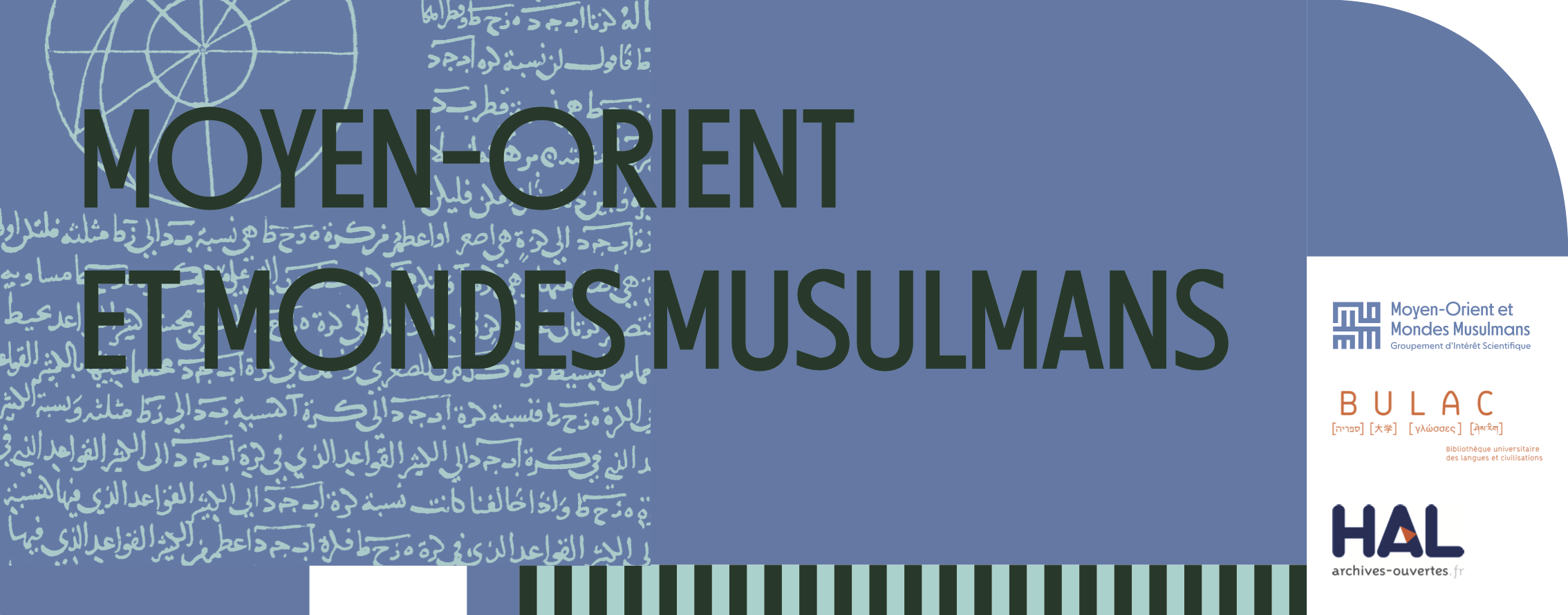Why Individuals and Communities Do Not Turn to Violent Extremism
Abstract
Conceptual and epistemological challenges have to date constrained the generation of scientific knowledge on violent extremism. This article inverts the field’s seminal research question with an eye on furnishing a sturdier foundation for inquiry and theory building. Rather than seeking generalisable truths on why violent extremism occurs, we induce tentative propositions on why it does not, particularly within the context of enabling environments. Based on original data gathered through case studies conducted in the Middle East and North Africa, our primary findings are that the probability of violent extremism in enabling environments is reduced by three variables: i) hard interventions by the state; ii) the availability of credible ideological alternatives; and iii) the opportunity to opt out of the economy of violent extremism. At the conceptual level, we also propose that violent extremism be considered as a modality of action practiced by discrete political actors—namely, terrorist organisations—rather than as a phenomenon more diffusely pervading societies, nations, or faiths.
Origin : Publication funded by an institution
licence : CC BY NC ND - Attribution - NonCommercial - NoDerivatives
licence : CC BY NC ND - Attribution - NonCommercial - NoDerivatives




